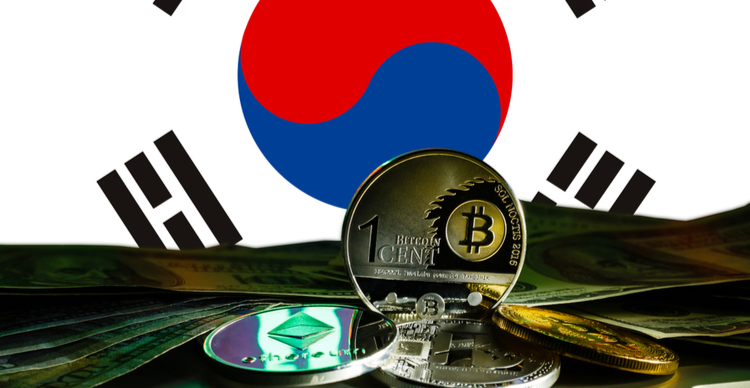
- South Korea’s Financial Services Commission (FSC) will not allow crypto ETFs despite SEC’s approval of spot Bitcoin ETFs.
- An FSC official says the ban on financial instutitions with regard to cryptocurrencies remains.
Despite the eventual approval of spot Bitcoin ETFs by the US Securities and Exchange Commission (SEC), it does not change South Korea’s regulatory approach on these products.
An official of South Korea’s Financial Services Commission (FSC) told a local news outlet on January 11, a day after the SEC’s spot Bitcoin ETF approval, that financial institutions are banned from investing in cryptocurrencies.
TAccording oto the FSC official, there are no policy changes regarding virtual currencies and that the US move isn’t new. Spot ETFs have been allowed in Hong Kong, Germany, Canada and other jurisdictions. But that does mean South Korea will follow suit.
Also, as it stands, the law does not allow financial institutions to launch ETFs or participate in the buying, selling or trading of crypto in the country. The South Korean government continues to stand firm as it looks to “stabilize the financial market and protect investors,” the official said.
Notably, financial institutions have been banned from holding and investing in cryptocurrencies since December 2017.
Will SEC allow ETH, XRP ETFs?
The FSC official’s remarks come as the crypto market shifts focus from the spot Bitcoin ETFs to Ethereum spot ETFs.
Multiple issuers have already applied to list a spot ETF based on the world’s second-largest cryptocurrency by market cap. There is also speculation on what SEC’s approval means for XRP, which was declared not a security by a US court in July 2023.
Market reaction has seen prices of Ethereum spike to above $2,600, buoying altcoins as Bitcoin hovered near $46,000. XRP price has crossed above $0.60, while Ethereum Classic is one of the biggest gainers in the past 24 hours after its price jumped more than 35% to trade near $30 on Thursday.
